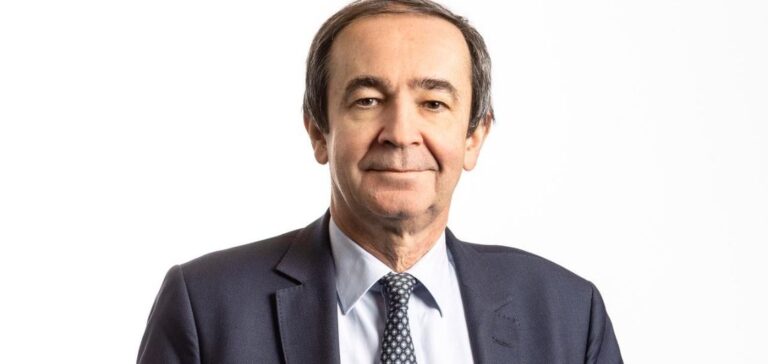Bernard Fontana, current Chief Executive Officer of Framatome, is expected to assume the presidency of Électricité de France (EDF) following his nomination by French President Emmanuel Macron. He will be heard on 30 April by the Economic Affairs Committees of the Senate and the National Assembly, under the procedure set out in Article 13 of the French Constitution. This process allows Parliament to review nominations to certain strategic public positions.
Parliamentary process and joint vote
The hearing will begin in the morning before the Senate committee, and then continue in the National Assembly. At the end of these discussions, both committees will vote simultaneously. If Bernard Fontana does not receive a negative vote from at least three-fifths of the voting members, his appointment will be considered approved by Parliament. The result of this concurrent vote is expected by midday.
In parallel, EDF’s general meeting, in which the State is the sole shareholder, must approve his appointment as board member and Chairman and Chief Executive Officer before the nomination can be formalised by presidential decree. This step completes the institutional validation required for the role.
End of Luc Rémont’s mandate
Luc Rémont, who took the helm of the group in November 2022, was not reappointed. His board mandate was due to expire in summer 2025. He had been selected to restore EDF’s nuclear production, which was facing significant industrial challenges, while also leading the revival of a new reactor construction programme announced by the executive in February 2022. This programme entails major investments to bolster France’s nuclear capacity.
The executive’s decision not to retain Luc Rémont comes amid strategic restructuring within EDF, with a heightened focus on investment control and the industrial reliability of infrastructure.
A nuclear-rooted profile
Bernard Fontana has led Framatome since 2015. This EDF subsidiary plays a central role in the supply of fuel, components and services for the nuclear industry. His background, shaped by technical expertise and an in-depth understanding of the sector’s industrial dynamics, makes him a candidate well-acquainted with the public energy group’s strategic priorities.
His potential appointment comes at a pivotal time for EDF, as the company undergoes transformation to meet national goals on energy supply security. Bernard Fontana’s profile may align with government expectations for industrial continuity and governance stability.






















